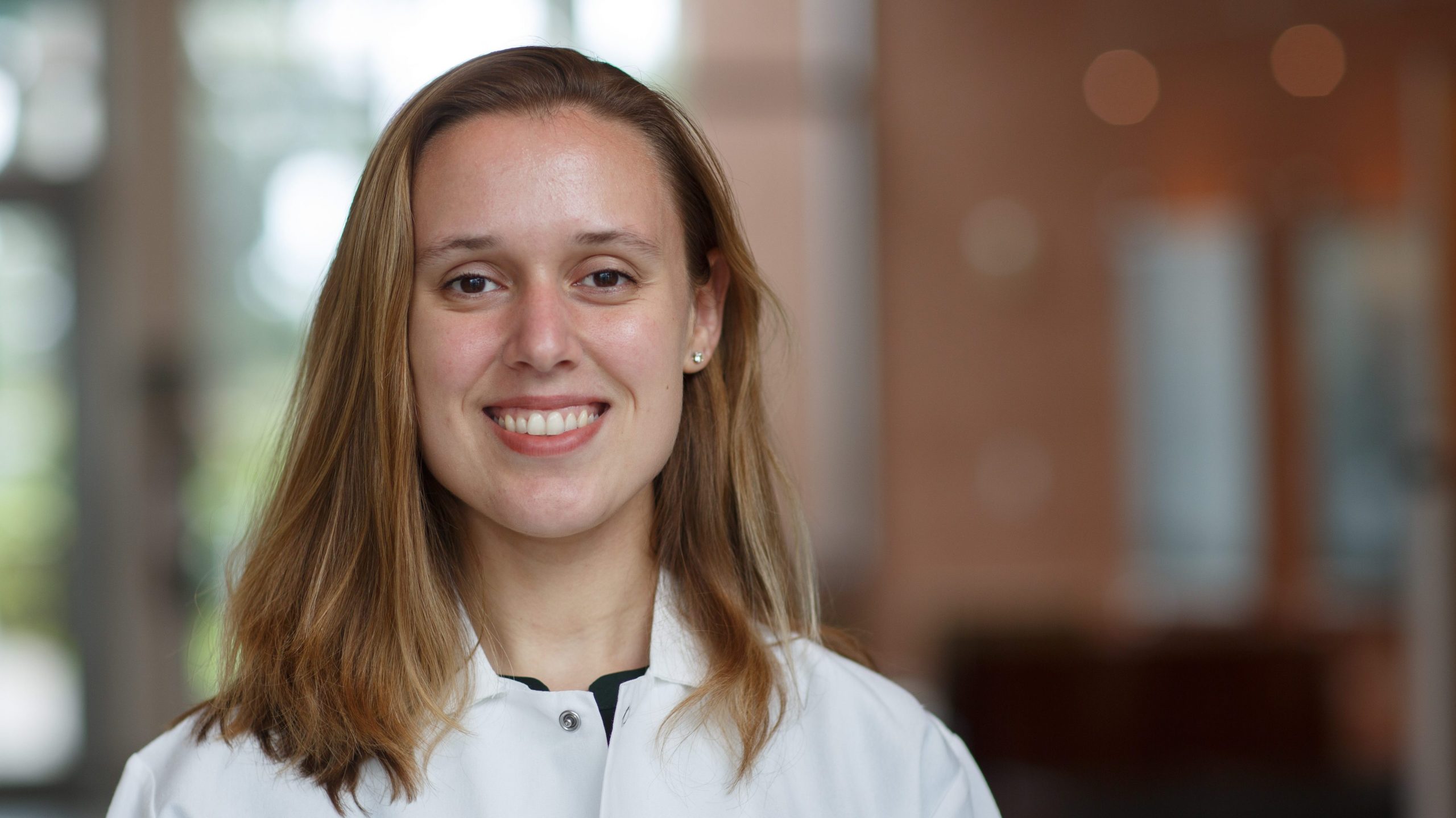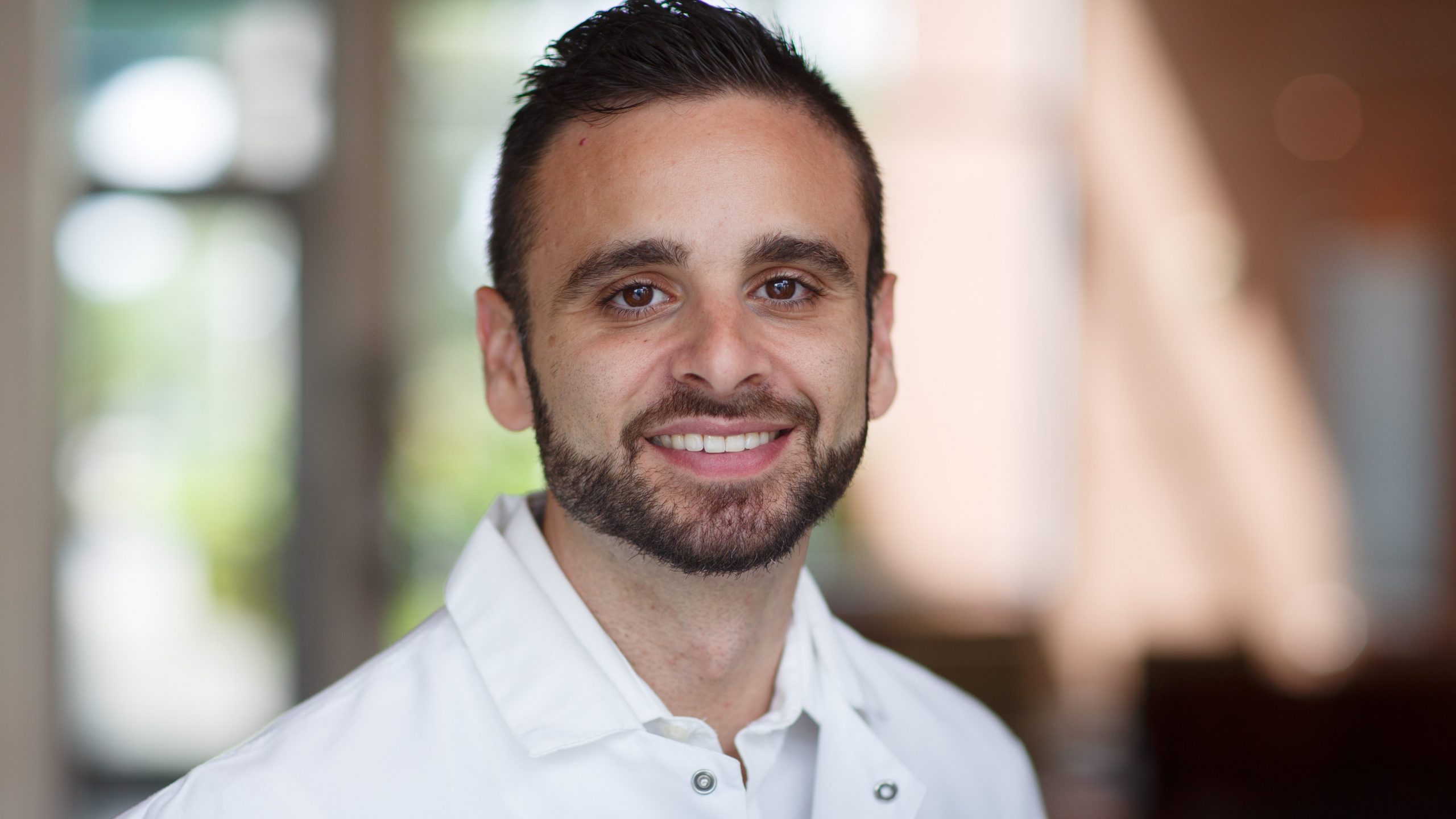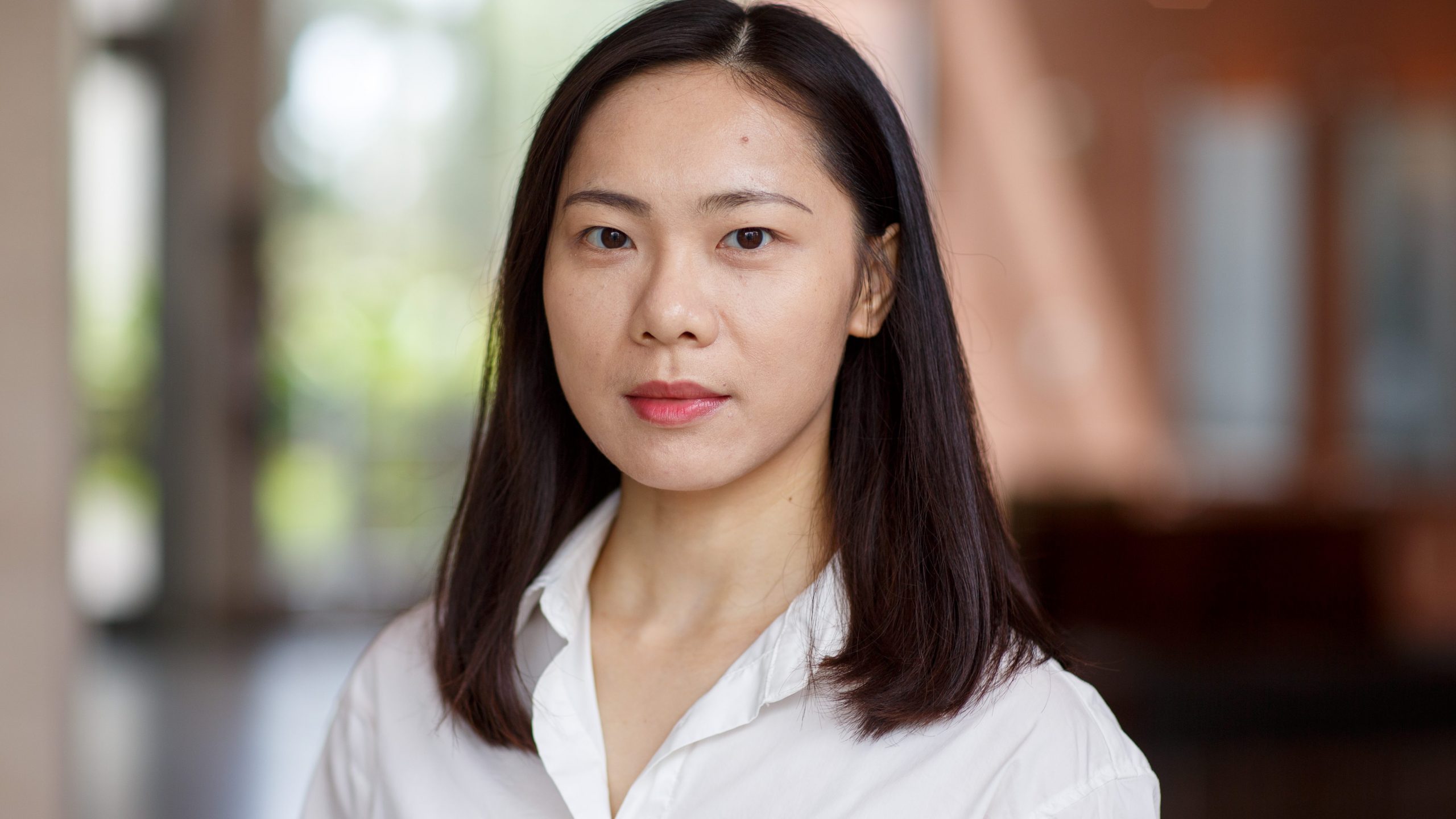
How the Lottie French Lewis Fund supports early careers and Alzheimer’s research
On the Florida campus of Scripps Research, neuroscientists have been making important inroads into understanding how the human brain works—how we learn, store memories and, sometimes, forget them. Working alongside these top researchers are several young postdoctoral associates whose studies are supported by the Lottie French Lewis Fund. This fund has been sponsoring the Alzheimer’s Drug Discovery Training Program at Scripps Research since 2015, providing a total of $650,000 to the institute to date. Each of the postdocs works in a different lab but each is focused on finding solutions to Alzheimer’s disease and similar disorders that cause so much distress to patients and their families.

One of the postdocs, Jenna Wingfield, PhD, was still in middle school when a documentary on cephalopod intelligence, such as that seen in octopuses, sparked her curiosity about the nervous system. As a graduate student, she zeroed in on transport mechanisms inside cells, ultimately developing that into her current studies. “My project focuses on identifying the role of kinesin mediated transport in synaptic plasticity, memory storage and Alzheimer’s disease,” she says, referring to the motor proteins that move cargo within cells. “In the [Sathyanarayanan] Puthanveettil lab, we are developing small molecule agonists to modulate kinesin mediated transport. We anticipate these agonists will restore and/or prevent the loss of synaptic plasticity that occurs with Alzheimer’s disease and contributes to memory loss.”
Over in the lab of Ron Davis, PhD, postdoc Karlis Justs, PhD, is also on the hunt for potential therapeutic treatments for neurodegenerative disorders. “I am currently involved in a high-throughput screen to identify small molecules that enhance mitochondrial function,” he says. Mitochondria are the energy powerhouses of the cell, and their dysfunction often contributes to neurodegeneration. While earning his doctoral degree, he attended an event hosted by BioFlorida, Inc. and heard Davis deliver a talk. “His lab was conducting phenotypic screens to identify drugs that enhanced mitochondrial function,” Justs recalls. “This strategy struck me as revolutionary. I knew that targeting this organelle would be a novel approach to treating Alzheimer’s and I knew I had to join Dr. Davis’ lab. To this day, I am impressed with how efficient our lab is in conducting this type of research and I am grateful for the opportunity to be a part of it.”

With support from the Lottie French Lewis Fund, the postdocs in the Alzheimer’s Drug Discovery Training Program can prioritize their investigations. “It allows me to focus on my research without needing to look for other funding sources that may pull me away from my studies,” says Wingfield. The Training Program also helps the postdocs expand their research skills. “I have learned to utilize robotic machinery and write computer programs to automate data analysis,” says Justs, “and meeting prestigious scientists in the Alzheimer’s research field has increased my knowledge of neuroscience.”
Heng Li, PhD, who carries out investigations in the lab of Baoji Xu, PhD, says that the Training Program’s monthly journal club helps her keep up to date on the latest research on Alzheimer’s disease. Discussions with her peers regularly serve as “a learning process on how to ask critical scientific questions,” she says, “which is important to me as a postdoc. It helps me to step out of basic research and think about the plausibility of therapeutic strategies in human patients.” In the Xu lab, Li is studying microglia, the primary immune cells of the central nervous system that also help regulate several brain functions. Microglia play roles in neurodegenerative and neurodevelopmental diseases, as well. “Many genes associated with the risk for Alzheimer’s disease, such as TREM2 and APOE, are specifically expressed or have their major functions in microglia,” she says. “I’m interested in research that can potentially help improve the quality of life for many people.”

Although Lottie French Lewis passed away in 2009 at age 91, the donor-advised fund she established at Florida’s Community Foundation for Palm Beach and Martin Counties continues to fulfill her wishes: provide deserving students with an entrée to institutes of higher learning and address the toll taken on families by serious, chronic illnesses, such as Alzheimer’s disease.
“This is a program with tremendous impact,” says Davis. “Top graduate students and postdocs are being equipped with the knowledge and skills to engage a very difficult scientific problem. And because these researchers are trained by the world-class neuroscience team that we have here at Scripps Research, the Lottie French Lewis Fund is doubling its impact on the disease.” Although the FDA approved, under controversy, the potentially disease-modifying drug aducanumab in June, Davis advises there’s more work to do. “Remember, the first antibiotic, penicillin, was discovered nearly 100 years ago yet we’re still seeking better, more potent antibiotics today. We need to keep searching for additional effective therapeutics for Alzheimer’s disease and the Lottie French Lewis Fund is helping to accelerate that mission.”